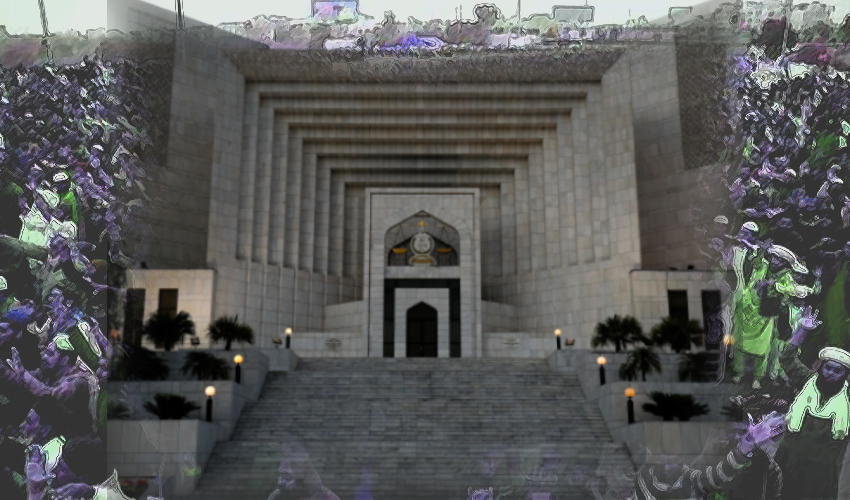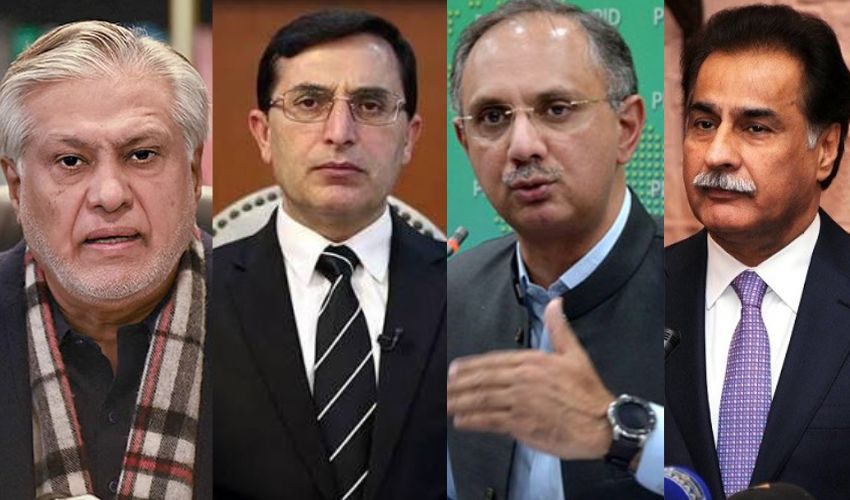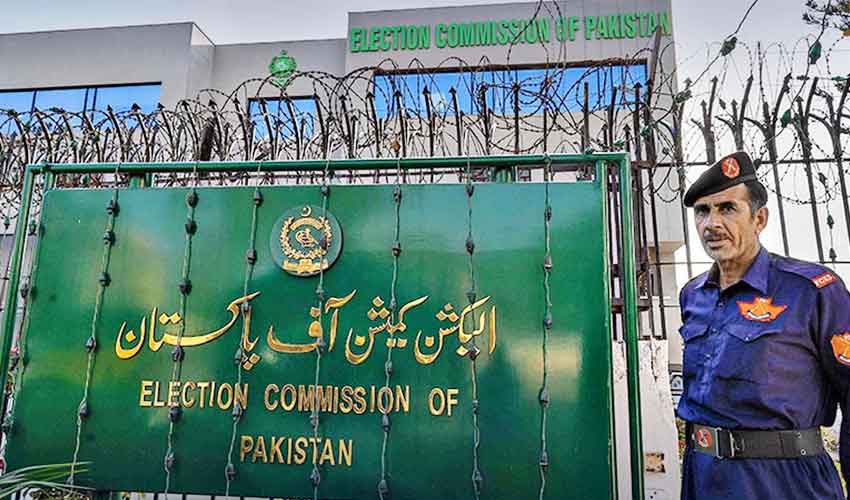The tumultuous events surrounding the 2017 Faizabad dharna continue to draw attention and scrutiny as the federal government announces the establishment of a fact-finding committee to investigate the responsible parties.
This action occurs shortly before the upcoming hearing on November 1 where eight review petitions challenging the 2019 judgment of the Supreme Court (SC) which was written by the current Chief Justice of Pakistan (CJP) Justice Qazi Faez Isa.
This three-member committee is set to delve deep into the matter with an aim to provide answers to the questions that have lingered since the dharna took place.
Attorney General of Pakistan (AGP) Mansoor Usman Awan provided key insights into the composition and objectives of the committee.
The fact-finding team is composed of individuals with critical roles in national security including additional secretaries of the ministries of interior and defence along with the director of the Inter-Services Intelligence - ISI.
The committee held its first meeting on October 26 and will submit its findings to defence ministry on November 1, AGP said.
The central objective of this committee is to identify the leaders and handlers of the Faizabad dharna. With the inquiry's focus on these key figures, the committee seeks to gather evidence and record witness statements as part of their investigative process.
On September 28, the SC asked people and groups to share information about the Faizabad sit-in by October 27, 2023.
This is for the upcoming review of eight petitions challenging the February 2019 verdict which will be held on November 1.
Timeline for completion
The committee is anticipated to complete its comprehensive inquiry and submit its final report by December 1.
Sheikh Rasheed's request to withdraw petition
In parallel developments, former interior minister Sheikh Rasheed submitted a miscellaneous petition to withdraw his review application related to the Faizabad dharna.
He asserted that he had no affiliation with Tehreek Labbaik Pakistan (TLP) and did not participate in the sit-in.
Despite his lack of involvement, his name was mentioned in the verdict.
Now, Sheikh Rasheed seeks the court's acceptance of his request to withdraw the review application.
The Faizabad dharna review case is scheduled to be heard in the apex court on November 1.
Faizabad dharna case
In 2017, TLP staged a 20-day sit-in at the Faizabad interchange which is a major intersection between Rawalpindi and Islamabad. Pakistan Muslim League - Nawaz (PML-N) was in power.
The sit-in was sparked by alleged changes to the wording of the oath taken by lawmakers which the TLP claimed weakened the affirmation that the Holy Prophet (PBUH) is the last messenger of Allah.
The protesters demanded the resignation of the then-law minister Zahid Hamid.
The sit-in caused significant disruption to daily life in the twin cities with protesters blocking roads and preventing people from going to work or school.
There were also reports of violence and clashes between protesters and police.
On November 21, 2017, the apex court initiated suo motu proceedings.
On November 22, 2018, a two-judge bench comprising Justice Qazi Faez Isa and Justice Mushir Alam reserved their ruling. The verdict was finally unveiled on February 6, 2019.
Judgment
In a scathing 43-page judgment, Justice Isa directed the country's intelligence agencies including the ISI, Intelligence Bureau (IB), Military Intelligence (MI), and army's media wing - the Inter-Services Public Relations (ISPR) - not to exceed their constitutional mandate.
He also specifically addressed the role of intelligence agencies during the TLP sit-in.
The judgment noted that the Constitution explicitly prohibited members of the armed forces from engaging in any form of political activity including supporting a political party, faction, or individual.
It directed the government of Pakistan through the ministry of defence and the respective chiefs of the army, navy, and air force, to take action against personnel under their command found in violation of their oath.
The judgment also instructed the federal government to monitor individuals advocating hate, extremism, and terrorism, and to prosecute them in accordance with the law.
It also included adverse observations about various government departments and public sector entities which had failed to take adequate steps to address the TLP sit-in and its negative impact on the lives of ordinary citizens.
Review petitions
At least eight review petitions were filed against the judgment shortly after it was issued.
The petitioners included the federal government, ISI through defence ministry, the Pakistan Tehreek-e-Insaf (PTI), the Election Commission of Pakistan (ECP), IB, and the Pakistan Electronic Media Regulatory Authority (PEMRA).
The petitioners argued that the judgment had exceeded the scope of the suo motu proceedings and had made certain observations that were not necessary for the disposal of the case.
They also argued that the judgment had cast aspersions on the intelligence agencies and the armed forces which were essential institutions of the state.
Hearing
The SC began hearing the review petitions on October 24, 2023.
During the hearing, the petitioners' lawyers argued that the judgment had created a sense of uncertainty and insecurity among the intelligence agencies and the armed forces.
They also argued that the judgment had had a negative impact on the country's image abroad.
The federal government's lawyer, however, argued that the government was not seeking to overturn the judgment but only to have certain observations clarified or removed.
He also assured the court that the government was committed to taking action against individuals and groups advocating hate, extremism, and terrorism.
To get latest updates and insights on news from Pakistan and beyond, watch live-streaming of SAMAA TV:



























